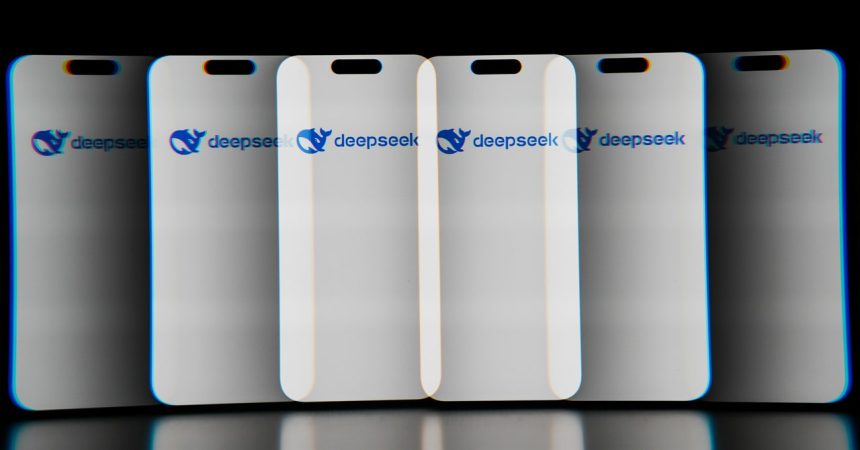DeepSeek, a generative AI platform, collects a wide range of user data, raising privacy concerns similar to those surrounding other AI chatbots like ChatGPT. The primary data collection area involves user input, encompassing text, audio, uploaded files, feedback, and chat history. While DeepSeek offers a feature to delete chat history within its settings, privacy experts advise against sharing sensitive personal information with any AI chatbot, regardless of deletion options. The risk remains that the data, once collected, could be used in ways unforeseen by the user. While local installation and operation of such models can mitigate data sharing with the company, this is not a viable option for most users interacting with the platform via its app or website. The fact that Perplexity, an AI search company, hosts DeepSeek’s model in US and EU data centers offers some reassurance regarding data location but doesn’t eliminate all privacy concerns.
Beyond user-generated content, DeepSeek collects personal information during account creation, including email addresses, phone numbers, dates of birth, and usernames. Any communication with the company also contributes to the data pool. This lack of transparency about the inner workings of generative AI models and the data they are trained on raises concerns among experts. Users essentially “pay” for the free service with their data, unknowingly contributing to the model’s development and potentially exposing themselves to privacy risks. The opacity surrounding the data usage raises questions about the potential for misuse or unintended consequences.
Similar to other digital platforms, DeepSeek automatically collects a plethora of data in the background. This includes device information, operating system details, IP addresses, crash reports, and even keystroke patterns. This type of data collection, while seemingly innocuous, can contribute to a comprehensive user profile when combined with other collected information. Furthermore, the use of cookies and other tracking technologies enables DeepSeek to monitor and analyze user behavior, providing further insights for the company. Premium service users provide additional information through their transactions, adding another layer to the data collected.
DeepSeek’s data collection extends to external sources. Utilizing Google or Apple sign-on grants DeepSeek access to information from these companies. Furthermore, the platform receives data from advertisers, including mobile identifiers, hashed email addresses, phone numbers, and cookie identifiers. This information aids in targeting users with personalized advertisements and further enhances the user profiles DeepSeek builds. The collection of data from multiple sources aggregates into a comprehensive data set encompassing various aspects of user behavior and characteristics.
DeepSeek’s privacy policy outlines how the collected information is used, including maintaining service operations, enforcing terms and conditions, and making improvements. However, a crucial point is the potential use of user prompts for developing new models. By monitoring interactions, analyzing usage patterns, and training its technology, DeepSeek leverages user-generated content to enhance its AI model. This practice raises concerns about the extent to which user data shapes the development of DeepSeek’s technology and the potential implications for user privacy.
The flow of vast data volumes from international users to China, where DeepSeek is based, raises significant questions about data security and governance. While DeepSeek’s privacy policy outlines data usage, the lack of transparency surrounding generative AI models creates inherent uncertainty. Users unknowingly contribute to the development and improvement of these models, effectively “paying” with their data. The combination of extensive data collection, opaque algorithms, and international data transfer underscores the need for greater transparency and robust privacy protections in the rapidly evolving field of generative AI. Users must be fully informed about how their data is being collected, used, and protected to ensure responsible and ethical development of these powerful technologies.



